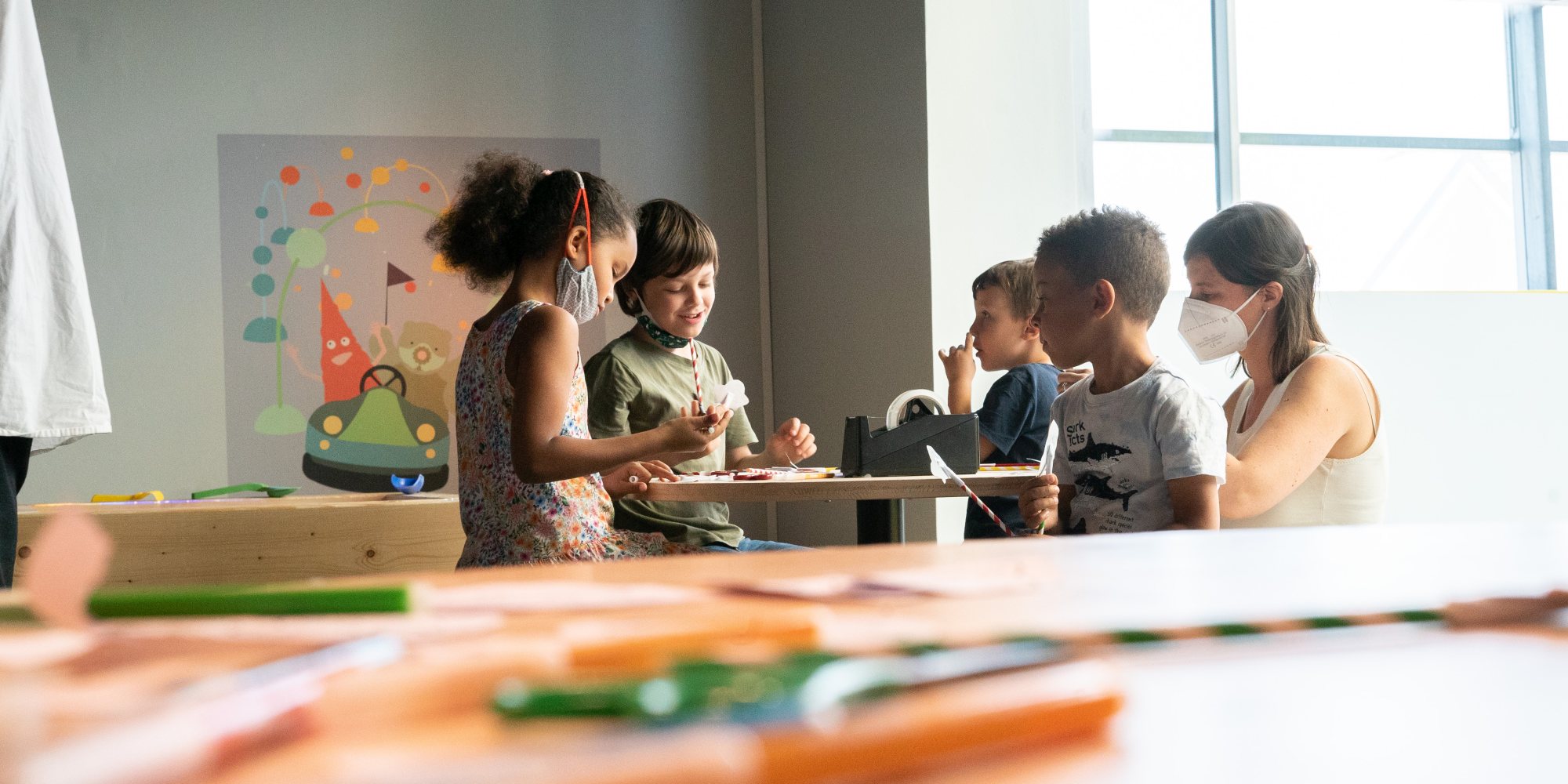Throughout its history, Ars Electronica has been continuously working to build a vital community. Over the years, it has expanded into an extensive network of artists, activists, scientists, institutions, policy makers and other interested parties. With the introduction of the hybrid festival in 2020, we took the next step in exploring the possibilies of online tools for community building. Still, it is our endeavor to anchor the online component in the real world, so as to find the true potential in bringing together the digital and physiscal realms. This is why this year we decided to find possibilities to strengten the community of the hybrid festival even more by getting creative ourselves. It quickly became an internal mission of the team to find projects expressing the networks’ versatility connection. Our efforts resulted in Festival Community Projects, a concept that intends to bring together partner gardens from all over the world in different events.
25 years ago not only the Ars Electronica Center opened its door, but also the Ars Electronica Futurelab started its activities. It immediately became a hotspot not only for artists from all over the world, but also for scientists and partners from the industry to investigate, research and prototype technology, applications and scenarios for the future. After looking into the future for 25 years, the Ars Electronica Futurelab is repeating this process for the upcoming period, but this time they are doing it with a very special group of experts – the children of those who founded, started and developed the Ars Electronica Futurelab for over 25 years. What are they thinking the future will look like? And what are they asking us to take care of so that their future will be an exciting one?
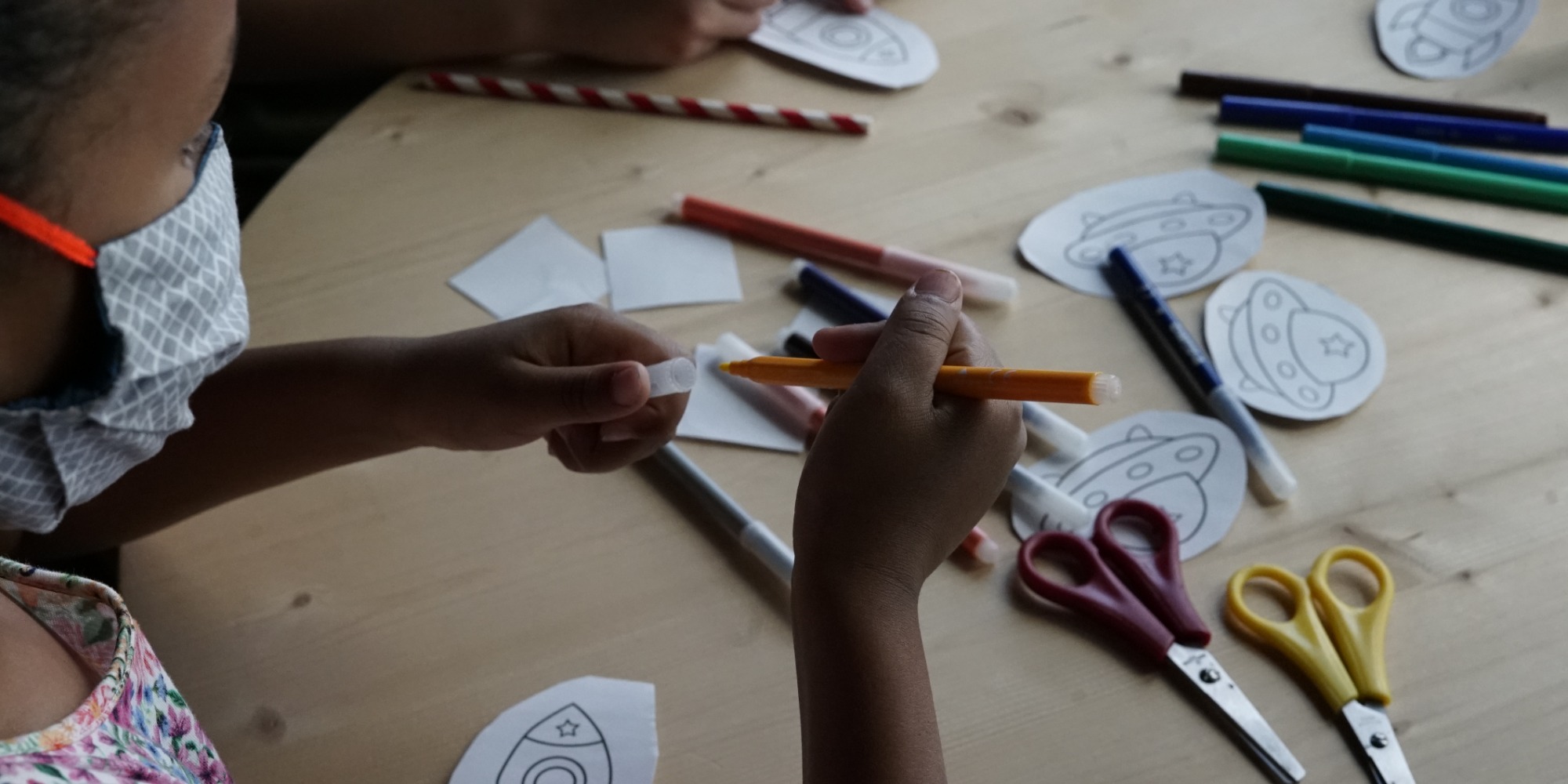

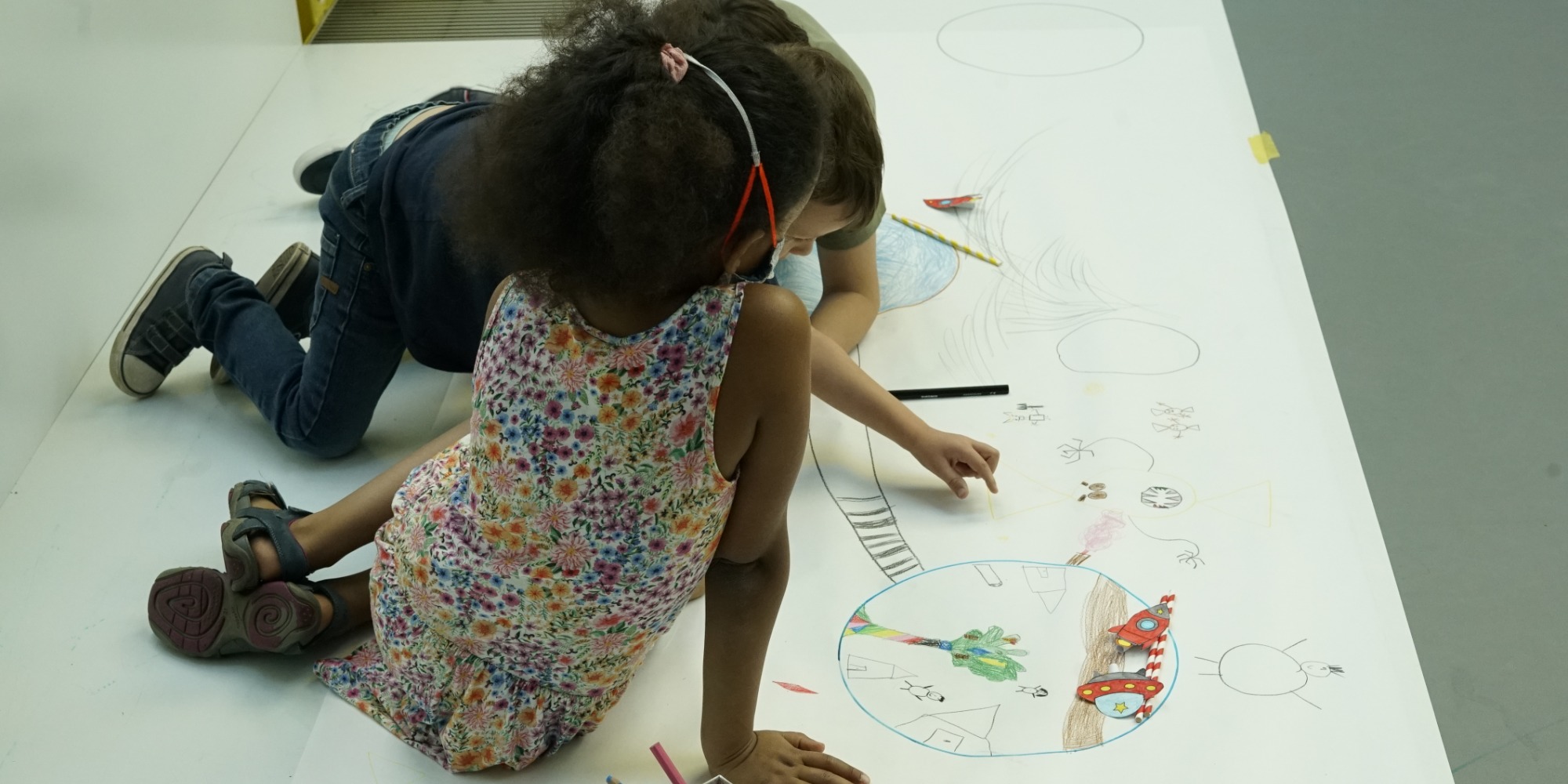
We as adults often shape the goals and mindsets of the next generation without integrating them directly and taking their imagination of the future serioulsy, so the Ars Electronica Futurelab organized a workshop called The Experts of the Future with kids aged 4 to 12 from parents of the Futurelab team. The idea of the workshop was simple – if the future was a different planet, how would it look like? Together they left Earth behind and went on a journey to planets that are located far away from the present world. The workshop was structured in a 3-step recipe, which serves as a guide for developing an individual compass of the future and is intended to encourage reactive statements about the future of Planet Earth from experts around the world. So, what are the steps? Let’s take a closer look!
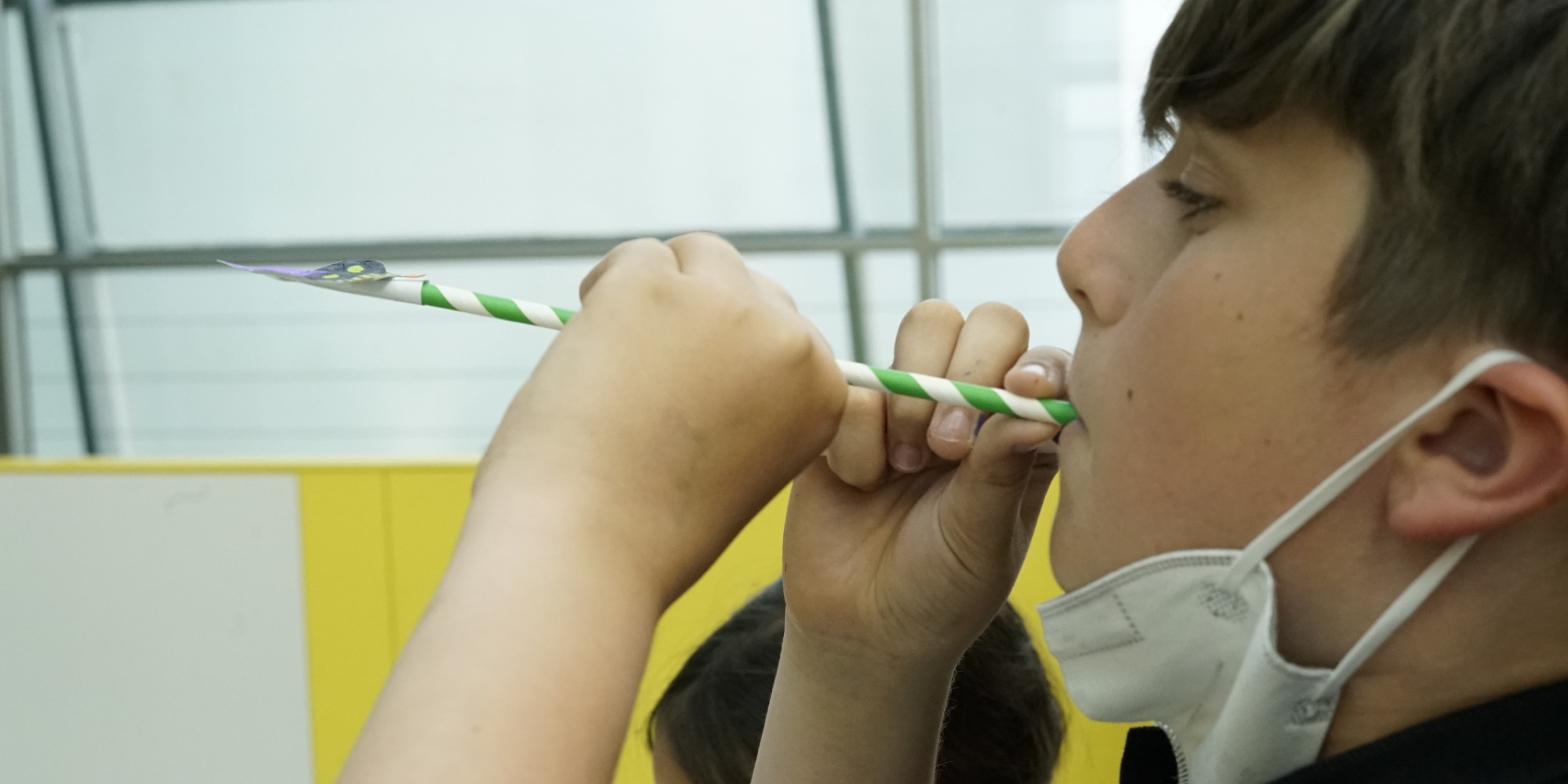
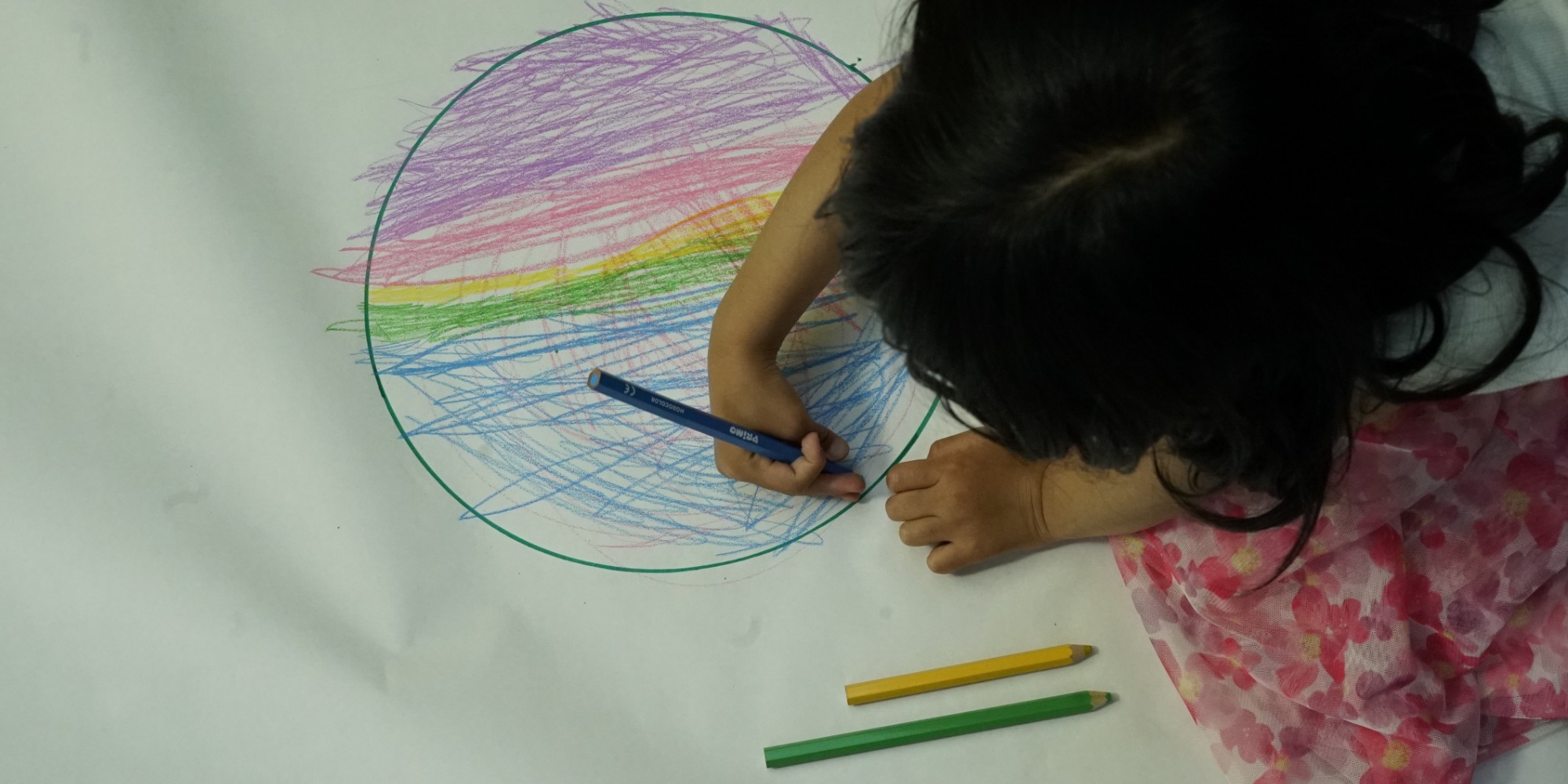
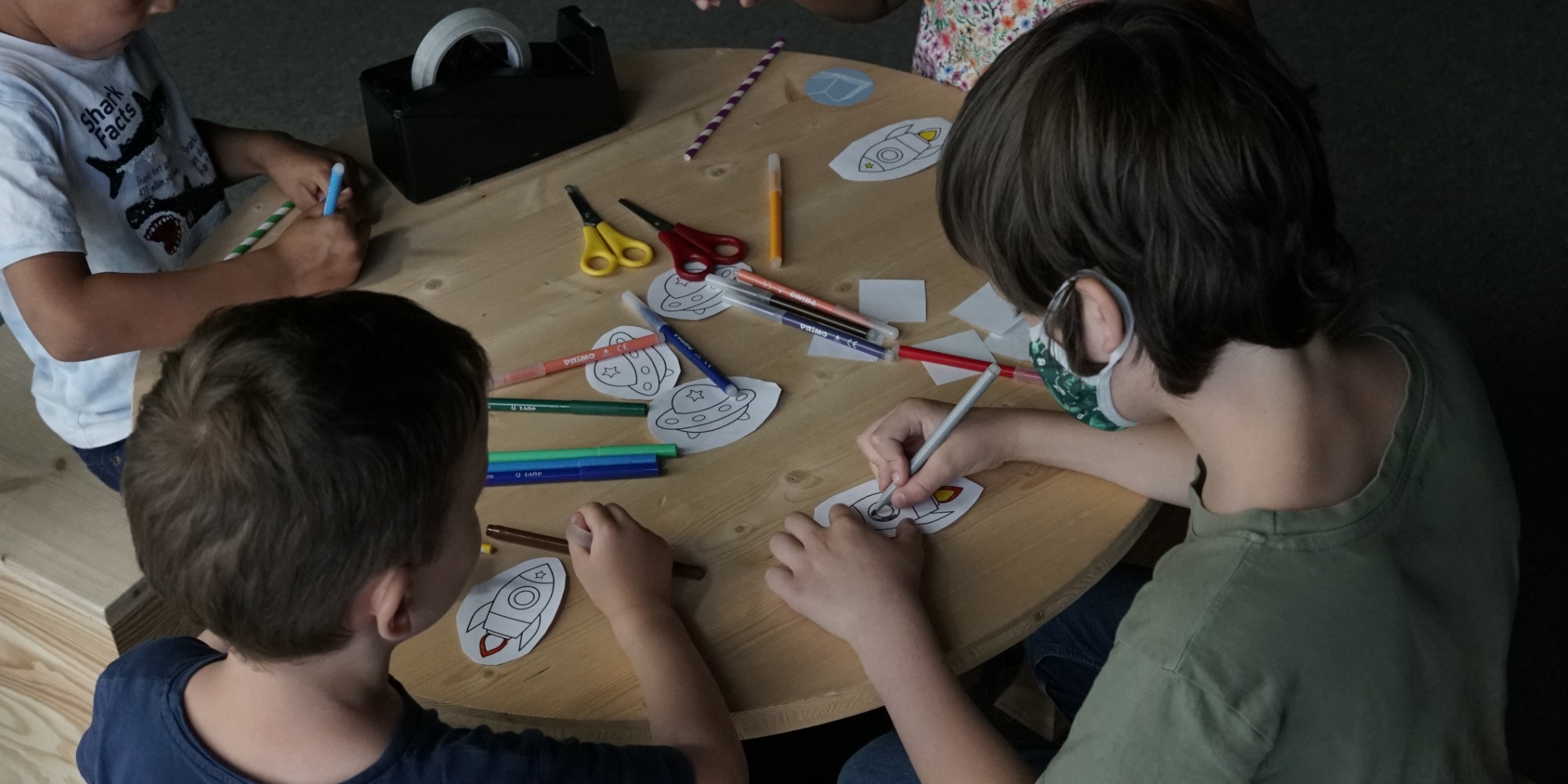
The first step of the journey to the planet “Future” is to craft a paper rocket. The Experts of the Future were asked questions such as “How will mobility look like in future?”, “What requirements are needed to start a journey to the Planet Earth in future?”, “How can we reach it?” or “What vehicle will we use to get there?”.
In the second step, the paper rockets are blown onto a white sheet of paper with the help of a straw. Wherever the rocket lands, the experts design their very own Planet Earth in future. “How does this planet look like to the experts?”, “What is the climate there?” or “What can you experience there?”.
In the third and final step, the Experts of the Future share with us adults their very personal messages about their wishes for the Planet Earth and its inhabitants in the future.
After the workshop, an international outreach to the partner gardens of Ars Electronica followed to collect statements of young experts from all over the world, to create a collaborative compass of future narratives.
You can find out more about the Ars Electronica Futurelab here.
